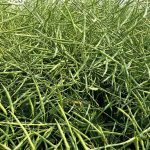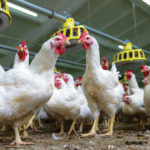We always think of Winston Churchill facing history-altering decisions at a turning point in the Second World War. In fact, Churchill had been thinking about the future of humanity in rather radical ways for years already. In 1931, Churchill published an essay, Fifty Years Hence, in which he made predictions about what the world might










